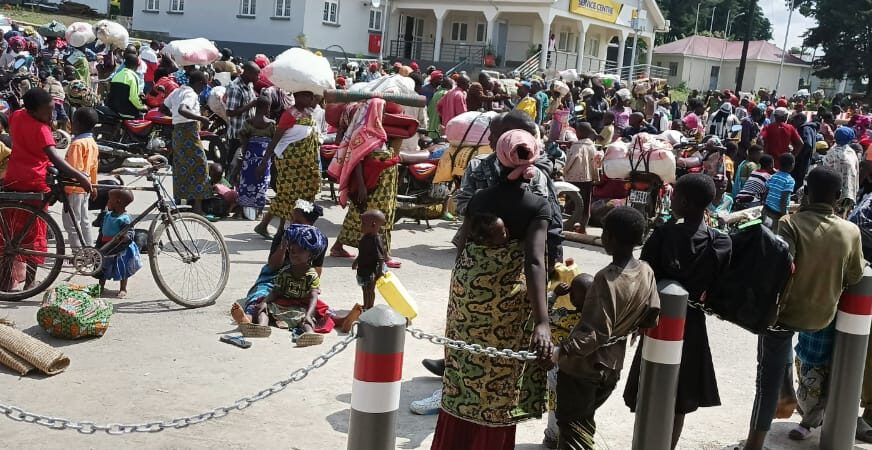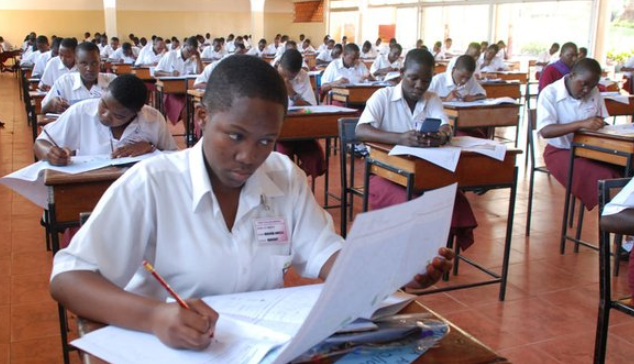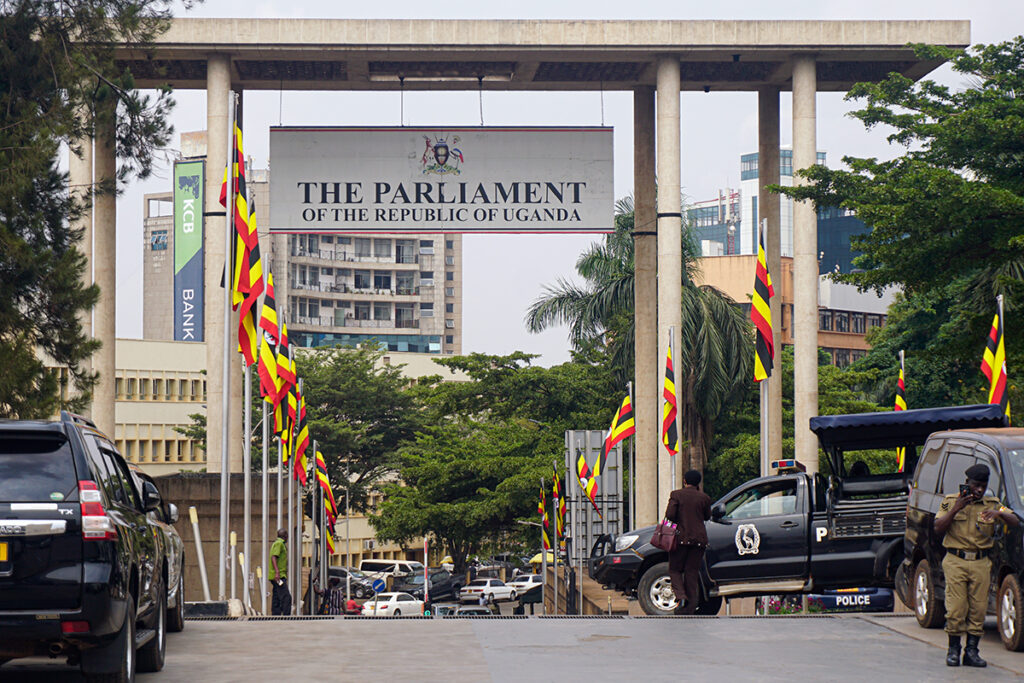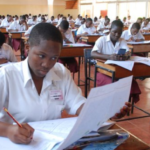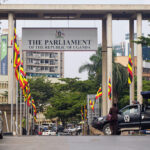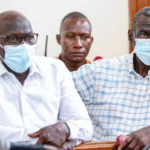Uganda is witnessing a sharp rise in the number of Congolese refugees crossing its western border due to escalating insecurity in the eastern Democratic Republic of the Congo (DRC). This surge, combined with ongoing funding cuts, is threatening to overwhelm Uganda’s already stretched resources as it simultaneously responds to the needs of over 70,000 Sudanese refugees fleeing the two-year-long conflict in Sudan.
Last week, the Ugandan government announced that international donors would cease financial support for the country’s refugee population within the next three months—a development that could further strain humanitarian efforts.
According to the United Nations High Commissioner for Refugees (UNHCR), over 41,000 Congolese refugees have sought safety in Uganda since January, bringing the total number of Congolese refugees in the country to nearly 600,000 out of the 1.8 million total refugees currently hosted. Over the past two weeks, an average of 600 people have been crossing into Uganda daily.
Children are particularly vulnerable, with many arriving in weakened condition amid high rates of malaria and malnutrition. Since January, at least nine children under the age of five have reportedly died from malnutrition-related anemia at the Nyakabande and Matanda transit centers in the southwest, where most new arrivals are received.
The majority of the new arrivals—mostly women and children—are entering Uganda through three main border points: Bunagana in Kisoro District, Butogota in Kanungu, and Sebagoro in Kikuube. Many come on foot or by local transport from the Rutshuru, Masisi, and Goma areas of the DRC, having fled horrific violence, including killings and sexual assaults. In Kikuube alone, nearly 4,000 people have crossed Lake Albert in overcrowded boats under dangerous weather conditions. There are increasing reports of men separating from their families to avoid forced recruitment by armed groups.
Transit and reception centers are overwhelmed. Nyakabande, originally designed for far fewer people, is currently hosting more than 7,000—six times its intended capacity. With the onset of the rainy season, every available space, including kitchens and registration areas, is being used to house refugees. Despite efforts by the authorities, UNHCR, and partners to strengthen the response, limitations in registration capacity and a shortage of buses for relocation are worsening the congestion.
“Critical shortages of water, latrines, and bathing facilities—especially at Matanda and Nyakabande transit centers—are putting people at severe risk of disease,” said UNHCR. “In Matanda, at least 150 additional latrines are needed to meet the minimum standard of one latrine per 20 people. Health services are also under immense pressure, struggling to meet the growing needs of people arriving in poor health.”
Across Uganda, key services for refugees have already been deprioritized. Several health facilities have closed, and some 250 health workers have been let go. Early childhood caregivers—totaling 332—have been discontinued, and reductions in teaching staff have impacted education services. Shelter construction for people with special needs has halted, and a 30% fuel cut for partner fleets is affecting logistics and service delivery.
Uganda’s Office of the Prime Minister (OPM), supported by UNHCR and other partners, is continuing to register new arrivals, screen for health conditions including malnutrition, and provide medicine to prevent diseases like cholera. At transit centers, refugees are offered a place to sleep, hot meals, safe drinking water, and essential relief items such as blankets, sleeping mats, jerrycans, and soap. Vulnerable individuals are identified for specialized assistance, including family reunification. Around 3,000 people are being relocated each week from Nyakabande and Matanda to more permanent refugee settlements.
However, the funding crisis is forcing tough decisions. UNHCR is scaling back protection programs like legal aid and child-friendly spaces in order to focus on life-saving assistance. Priority will remain on border monitoring, registration, management of transit and reception centers, menstrual hygiene kits, and support for children and survivors of gender-based violence. Urgent financial support is critical to sustain and expand these essential services.

